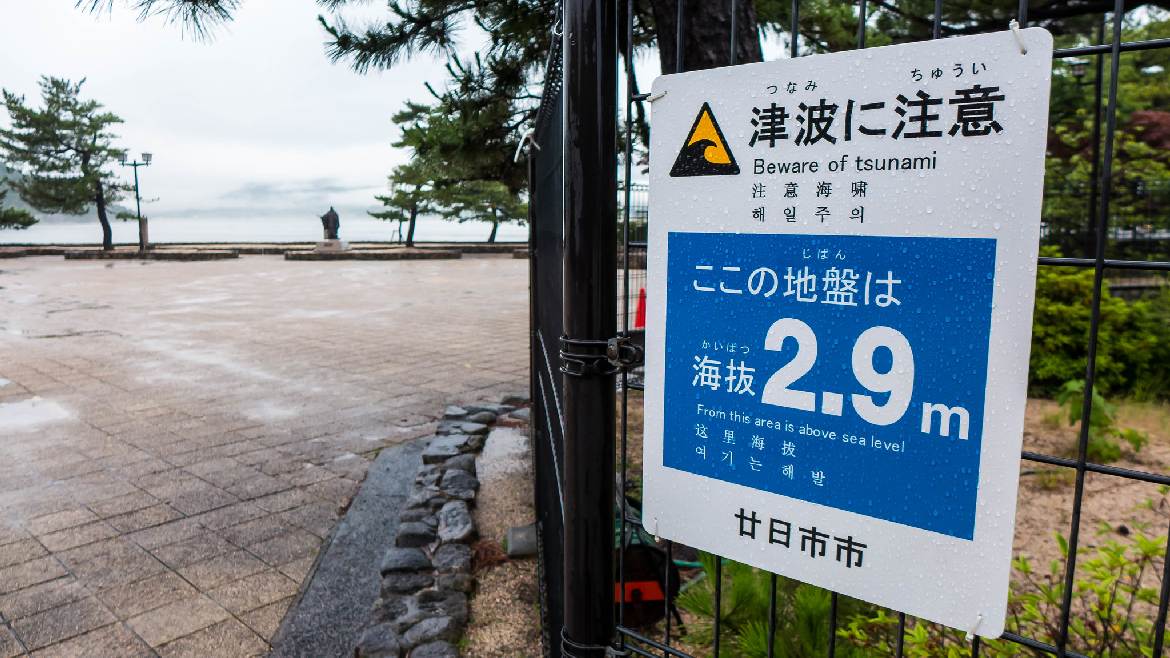Regional Early Warnings for All Multistakeholder Forum

In March 2022, the United Nations Secretary-General launched the Early Warnings for All (EW4All) initiative with the ambitious aim to create a world where every person, everywhere in the world has access to a life-saving early warning system. At COP27, an Executive Action Plan was presented that will guide the implementation of the initiative. This Plan underlines the importance of partnerships and inclusive multistakeholder engagement as critical cross-cutting enablers for successful implementation of the initiative. The EW4All initiative is a critical contribution to achieving Target G of the Sendai Framework for Disaster Risk Reduction 2015-2030.
In the Asia-Pacific, as a first step for the roll-out of the EW4All initiative, the four pillar leads of the initiative - the United Nations Office for Disaster Risk Reduction (UNDRR), the World Meteorological Organization (WMO), the International Telecommunication Union (ITU) and the International Federation of Red Cross Red Crescent Societies (IFRC) - are working together with several partners, including United Nations Resident Coordinators, United Nations agencies, Red Cross and Red Crescent Movement, technical partners, civil society, and governments at national and local levels to develop national roadmaps shedding light on the key national priorities to accelerate coverage of early warning, early action.
Experience has shown that early warning systems can only be as effective as their weakest link. An effective early warning is possible only if there is a strong connection between the four components and if the full cycle works together. This requires an active engagement, interactions and involvement of all actors, including national and local governments, and a wide range of stakeholders at all levels. At the global and regional levels, partnerships among United Nations, international organizations and stakeholders, and international financing institutions will also significantly contribute to bridging the gaps and making the United Nations Secretary-General's vision a reality.
To ensure inclusive participation and active engagement of a wide range of partners, an annual Multistakeholder Forum will be organized. The Forum will provide opportunities for peer-to-peer and cross-regional learning, sharing of good practices and experiences, renewing existing and building new partnerships, seeking funding opportunities for national early warning system priorities and identifying ways to close remaining gaps.
The outcomes of the Regional Multistakeholder Forum, including the one in the Asia-Pacific region in 2024, will contribute to shaping the discussions at the Global Multistakeholder Forum which will take place at the Global Platform for DRR in 2025.
Objectives
The EW4All Multistakeholder Forum is an opportunity to review key accomplishments, share skills, experience, and expertise within an active network of early warning practitioners. Specific objectives include:
• Re-energize the implementation and accelerate action for the EW4All initiative and other efforts to strengthen early warning systems worldwide as a contribution to the Sendai Framework Target G.
• Present and showcase solutions to move forward the Sendai Framework Midterm Review recommendations related to enhancing people-centered, inclusive, and end-to-end multi-hazard early warning systems.
• Share knowledge, experience and good practices in implementing effective early warning systems.
• Create a space to promote synergies and scale-up partnerships and funding for early warning systems.
Programme
The 2024 Regional EW4All Multistakeholder Forum features eight thematic sessions between 15 and 17 October 2024.
Find an overview of these sessions in the web agenda.
